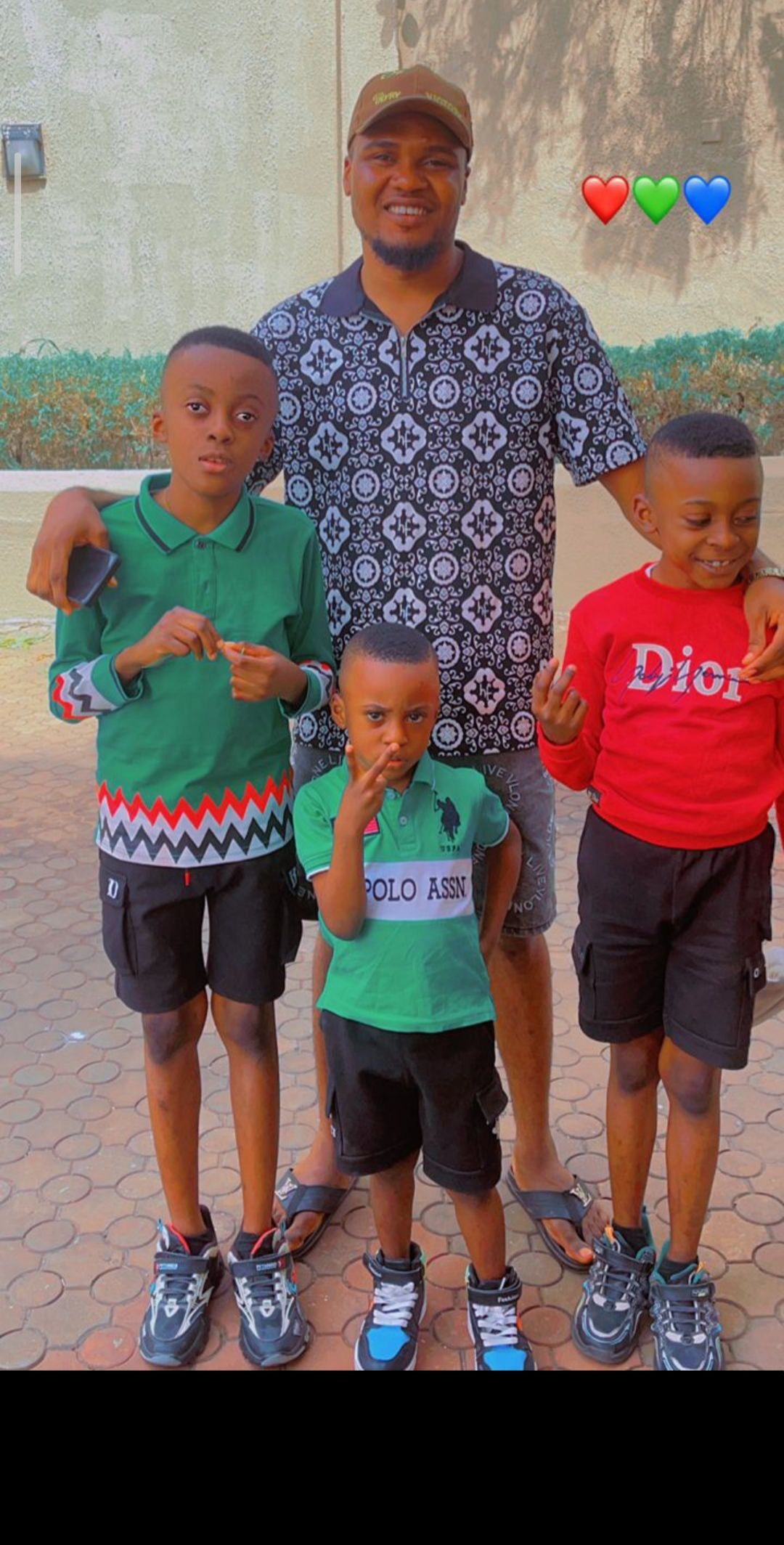The endpoint is always for the child to be a responsible member of the family and good citizen at large , but the means of achieving that always differs. When it comes to parenting, the hardest thing about it is that there is never a manual. There is never an already laid down process to follow because what works for Family A might be a disaster when attempted by Family B, this is because every child is unique and every home is unique in their own ways.
Growing up as children, our parents will always be stuck with that singular question of "How much Privacy do I give my children?" This is also very hard for them to fully decide on and this is because to our parents, we are children, even at the verge of getting married, your parents still believes you're a child that needs to be monitored and guided, lol. That protective instinct hangs around for a long time.
It also becomes a hard nut to crack because Parents know that Too little privacy can make their children especially Adolescents have the suffocating feeling, while too much freedom especially when the children are not ready can expose them to risks they are not ready for which might have a long term negative effect on who they eventually become in life, making parenting a delicate responsibility of finding balance between not holding too tightly and not letting go too soon.
Privacy on the other end is what everyone yearn for and that is why once someone becomes an adult and can earn, he or she looks for apartment outside home where he or she stays alone, not because there is an unresolved conflict but simply because of privacy; they all wants to live in their own terms.
This privacy is a way of making the child gain some level of confidence and you displaying some level of trust in him or her that you know he's capable of making the right decision even without your supervision.
 Picture Is Mine
Picture Is Mine
In the early years of life, let's say from 3-10 years, I personally believe the open-door policy should be taken seriously. This is because at this age, the children are still finding it difficult to know the consequences of their actions, they are still confused and can't differentiate the right from the wrong most times. You keep the door open not because you want to suffocate them but because you want to monitor their activities and protect them from harm.
As children slowly turns to adolescents, they begin craving for their privacy, they want to be alone and try new things especially without your supervision and so does the desire intensifies when they eventually becomes teenagers.
This is usually the most challenging time because the parents even though they understand that you need space are still scared of the bad decisions you might make that will eventually ruin your life. It's never a sign of mistrust in you, but they are just scared of the environment, the peer pressure influences and worst still dangers roaming everywhere on the internet. It is in this period that I think open communication will be much more effective than open-door policy because a child who genuinely communicates with the parents van easily fall back to them when he or she is confused and will have little to no worries as to the perceptions his family will show about it.
In conclusion, parenting like I said doesn't really offer a universal approach because what works for one family might not work for another family but one thing that is a constant is that children needs GUIDANCEelse, they will go astray and children also needsSPACE
The means of achieving that is what's different but I believe that with gradual freedom and open communication, even children will not be suffocated with the open -door policy.
In the end, the goal is not to raise children we will control forever as parents but rather to raise adults we can trust.
Thanks for reading and have a nice day ahead 👍
Posted Using INLEO